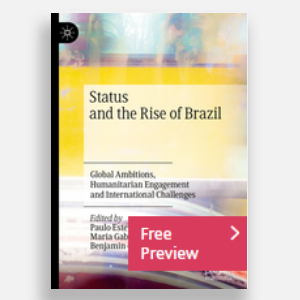
Status and the Rise of Brazil
Researcher Eduarda Hamann contributed with a chapter entitled “Brazil’s Evolving ‘Balancing Act’ on the Use of Force in Multilateral Operations: From Robust Peacekeeping to ‘Responsibility While Protecting’”.

Researcher Eduarda Hamann contributed with a chapter entitled “Brazil’s Evolving ‘Balancing Act’ on the Use of Force in Multilateral Operations: From Robust Peacekeeping to ‘Responsibility While Protecting’”.

n one of the world’s most fragile and violent settings, Lieut. Comdr. Marcia Braga, a 45-year-old Brazilian naval officer, arrived in April 2018 as the third military gender adviser for the United Nations peacekeeping mission in the Central African Republic.
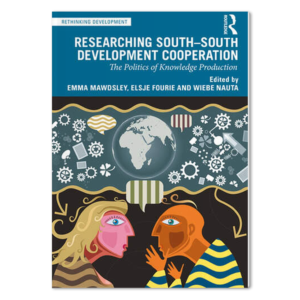
The book Researching South-South Development Cooperation: The Politics of Knowledge Production, edited by Emma Mawdsley, Elsje Fourie and Wiebe Nauta, contains a chapter by Igarapé’s International Peace and Security Coordinator, Adriana Erthal Abdenur.

Contemporary Africa and the Foreseeable World Order sheds light on the place of “Africa Agency” in the competitive and changing global system

Venezuela’s borders are now dangerous flashpoints in a tense showdown between President Nicolas Maduro and Venezuela’s self-declared interim president, Juan Guaidó.

The stench of burning tires is hard to escape. Haiti’s capital, Port-au-Prince, is again littered with smoldering barricades.
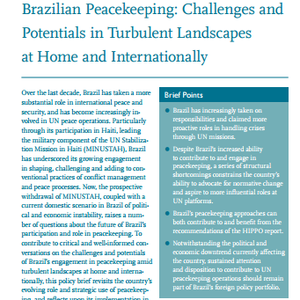
This policy brief revisits the country’s evolving role and strategic use of peacekeeping.
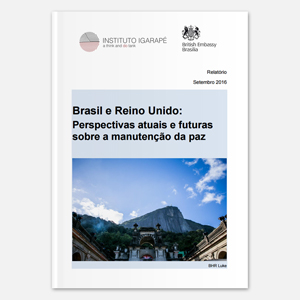
Report of an informal event gathering Brazil and UK on current and future perspectives on United Nations (UN) peacekeeping.
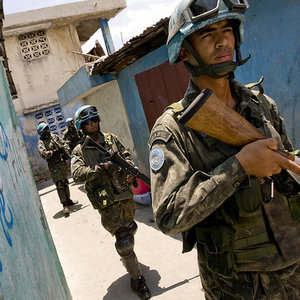
Carta Capital (original in portuguese) – Part of Brazil’s diplomatic strength is in the upward trend of participation in international missions
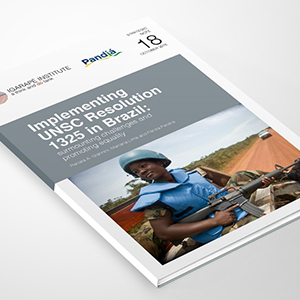
This Strategic Note reviews Brazil’s implementation efforts of Security Council Resolution (UNSCR) 1325, particularly in relation to UN peacekeeping operations.
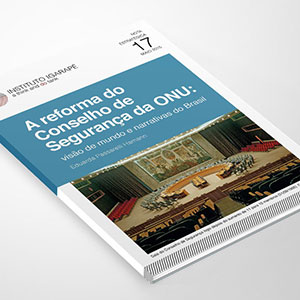
[In Portuguese] 2015 marks United Nations 70th birthday. With this, the existing debates about the adequacy of UN system to 21st century reality and needs gain strength.
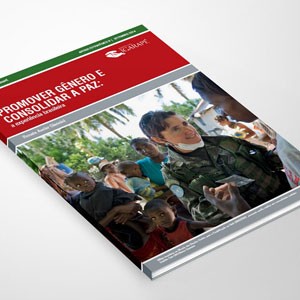
[In Portuguese] This article explores Brazil’s advances and shortcomings in protection activities and technical cooperation projects focused on preventing sexual violence.
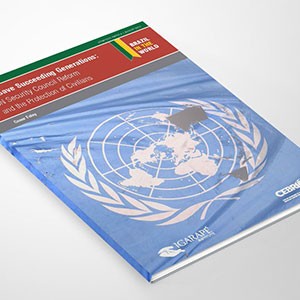
This Strategic Paper was written as a contribution to the debate about UN reform with specific reference to the protection of civilians by peacekeeping missions under international law.
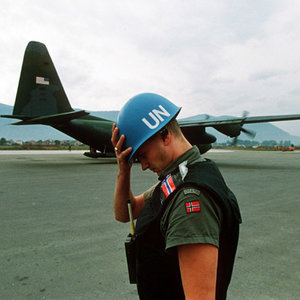
A note about how peacekeeping operations contribute to the durability of negative and positive peace and how it shapes organized violence.
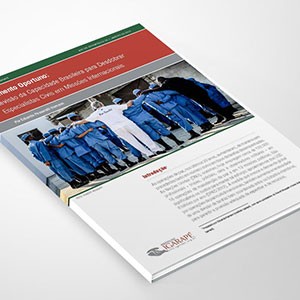
[In Portuguese] A report about the brazilian hability to use their specialists in international missions.
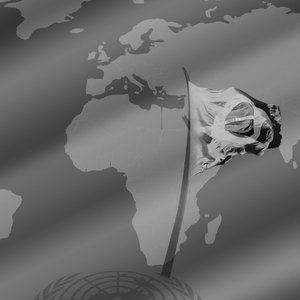
[In Portuguese] Article about new opportunities for Brazil internacional insertion in pos-conflict contexts.
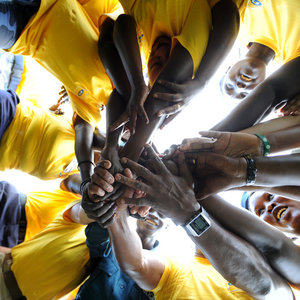
This report considers the extent to which disarmament, demobilisation and reintegration (DDR) and related concepts are accounted for in peace processes and peace agreements.
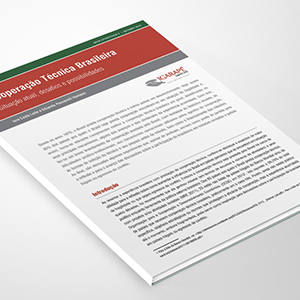
[In Portuguese] Brief survey of Brazil’s cooperation, emphasizing the recent background, juridic-institutional difficulties and operational mechanisms used by cooperation agents.
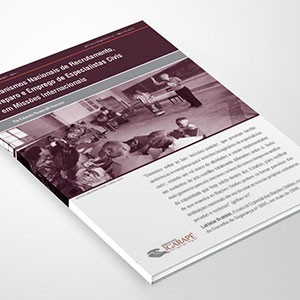
[In Portuguese] This report highlights mechanisms developed by 10 countries to identify, prepare and employ civilian specialists over the last 15 years.

[In English and French] This chapter demonstrates how Brazil has increasingly aligned its foreign policy with a ‘South–South Cooperation’ (SSC) agenda as a means of achieving these parallel objectives.
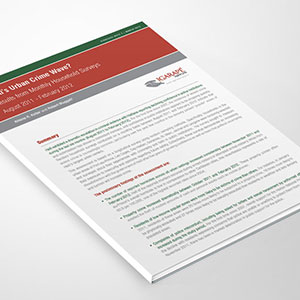
Random household surveys conducted on a monthly basis between August 2011 and February 2012 indicate that violent crime is increasingly common in Haiti.
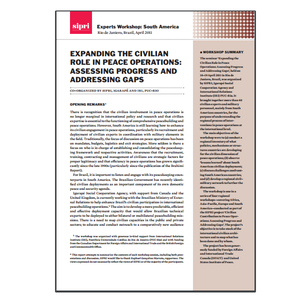
Report on the seminar ‘Expanding the Civilian Role in Peace Operations: Assessing Progress and Addressing Gaps’, held on 18–19 April 2011 in Rio de Janeiro.

O Instituto Igarapé utiliza cookies e outras tecnologias semelhantes para melhorar a sua experiência, de acordo com a nossa Política de Privacidade e nossos Termos de Uso e, ao continuar navegando, você concorda com essas condições.

